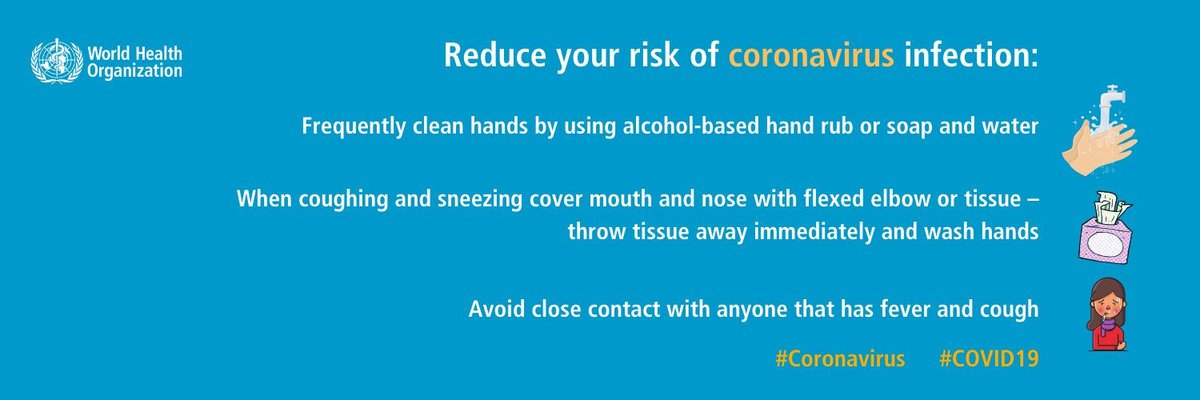
"Take schools. They are chronically under-ventilated, according to the Lancet COVID-19 commission. A study of 100 American classrooms found 87 with worryingly low ventilation rates."
1/7
economist.com/leaders/2021/0…
1/7
economist.com/leaders/2021/0…
"The problem extends well beyond classrooms. Many people spend more than 90% of their time indoors. Researchers have linked under-ventilated spaces in buildings to a range of ailments."
2/7
2/7
"Indoor-air quality has attracted little government attention. But achieving clean, pathogen-free air in buildings and indoor public spaces is possible. The first step is to give people more information on how well-ventilated their air is."
3/7
3/7
"CO2 concentrations are a good proxy for ventilation, and cheap sensors to detect this gas in rooms could provide occupants with useful data on when to open windows or upgrade their air-conditioning systems."
4/7
4/7
"National indoor-air-quality standards would help. One way to enforce them could be through ventilation certificates for buildings, similar to food-hygiene certificates that already exist for restaurants."
5/7
5/7
"Ventilation is the forgotten part of the agenda for improved public health."
6/7
6/7
"Chadwick’s report on sanitation lifted people’s expectation that the water coming out of their taps would be clean. COVID-19 should lead policymakers to ensure, belatedly, that the same is true for the air in people’s buildings."
7/7
7/7
• • •
Missing some Tweet in this thread? You can try to
force a refresh








